- LEARN WITH CHLOE
- ABOUT CHLOE

How to Achieve Higher Essay Grades (In Just Ten Minutes)
Achieving higher essay grades may seem like a bit of a mystery.
You need to: - understand the topic/question - plan a coherent answer - conduct great research - write clear logical arguments - apply good examples - write in an academic, professional style - think critically - create powerful introductions and conclusions - demonstrate good editing and proofreading skills - reference/cite accurately…
It IS possible to learn and master all of these skills, but just not at once, and not all in one blog post or training.
What I can teach you is ONE thing you can do right now, that only takes ten minutes, to start yourself on the road to higher essay grades. If you know you want to achieve better marks, but you’re not sure how, this is your best starting point.
~ FREE RESOURCE ~
Study Session Planner
Create your own simple, productive study plan in just a few minutes , so you can boost your motivation and focus, get more done in less time , and make faster progress towards your dream university grades .

Learn my method and repeat it with every essay and you should see your marks rise with every essay (to a point obviously!).
You should always be aiming to improve in your studies. Whether that’s indirectly by enhancing your study skills, or by making direct increases in your marks and grades. The way to do this is through continuous improvement.
‘Practice the philosophy of continuous improvement. Get a little better every single day’ - Brian Tracy
Learning from feedback is the first step and is a vital skill all students need to develop.
I study with the Open University where essays are returned with tutor feedback. This feedback normally includes comments on what I did right, remarks on what I didn’t do so well, and suggestions for how I can improve.
Some critiques I’ve had in the past are: ‘Your referencing is incorrect. Look at the module handbook for the rules’ ‘You seem to lose your focus here and end up adding in some irrelevant points’ ‘You wasted words on details and could have gone deeper’ ‘You didn’t refer back to the module material enough. Try to back up all of your points with theory and evidence.’
Now, some of those make for uncomfortable reading right? It’s never easy to receive negative feedback. Even if you know it’s good for you. It can feel like a slap in the face to read negative comments when you were actually pretty happy with what you submitted.
But here’s the difference between a low grade and high grades student. A low grade student will glance at feedback and put it aside, or read it, feel upset or angry and ignore it. A low grade student will miss easy opportunities to achieve higher essay grades and will end up making the same silly mistakes multiple times.
On the other hand, a high grade student uses their feedback as an opportunity to learn. They see the potential for higher essay grades in those comments and they pay attention to them – even if they don’t want to. With every essay they fix errors and make tweaks here and there; their study skills develop and their marks start to climb.
Receiving negative comments can make you feel like a failure. But remember this. A mistake is not a failure. A mistake is part of being human. But making the same mistake over and over when you have the capacity to change is a failure.
In one of my modules I was told early on that my referencing was incorrect. That was my mistake. But I didn’t want to hear the feedback so I ignored it. For the next three essays I lost marks every single time for my referencing. That was a failure. I finally took responsibility for my grades and spent a little time reading my feedback and learning how to reference properly. My next essay I got it right and my marks increased.
I hope you can now see the value in learning from feedback. But what if the feedback you get isn’t enough?
If your university doesn’t provide much feedback – ask for it.
Email or visit your tutor and tell them that you want to improve your grades with their help. Ask them for specific, tangible examples of where you lost marks and brainstorm with them some ideas for improving in those areas.
The worst thing that can happen is they say no when you ask for help, but I can’t imagine that would happen as it’s their job to support you. They probably don’t have time to help you develop those weaker areas, but they can point you in the right direction so you can do the work yourself.
Ok, so now I‘m going to share with you my method for learning from feedback to achieve higher essay grades.
7 steps to higher essay grades using your tutor feedback
1. Grab your marked essay and all tutor feedback.
2. Scan your feedback for positive comments from your tutor. Look for things you did RIGHT and note them down as a reminder to continue doing those things.
3. Next, look at your feedback and note down where you lost marks – what you didn’t do so well.
4. Then I want you to reflect on your own performance. First think of the things you did right in your essay e.g. ‘I spent time planning my essay before I started writing’ or, ‘I took really good notes so my essay writing was easier’. Next think of the negative points e.g. ‘I started writing too late so I didn’t have time to review my answer’ or ‘I misread part of the question so went off on a tangent and lost marks’. Note down these elements alongside your positive and negative tutor feedback.
5. For your negative points – think of action you can take improve these areas in preparation for higher essay grades next time.
6. File this sheet with your marked essay and guidance and use it as a checklist when you’re working on your next essay. You want to make sure you’re still doing the good things, and that you’ve taken action to resolve or improve the not-so-good things.
7. Pat yourself on the back and get the wine in in anticipation of higher essay grades in the future.
You may also like...
Small steps, big results: how to actually achieve your study goals.
In this episode, I delve into the challenges of balancing study with work and family life, offering insights and strategies tailored for adult learners. If you’re feeling overwhelmed or lacking confidence in your learning abilities, you’re not alone. Together, we’ll explore how focusing on small, achievable steps can lead to significant progress in reaching your
How to Study Like a First Class Student
If you’re curious about how to study like a First Class student and whether aiming for top grades is the right approach for you, this episode is your guide. I explore the benefits of adopting a First Class mindset and study habits, explaining why every student can benefit from aiming high, regardless of their current
This One Perspective Shift Will Make Your Studying Easier
In this week’s episode, I reveal a powerful perspective shift that can make your studying easier and transform your academic journey. Whether you’re juggling work, family, or both, it’s easy to feel overwhelmed by the pressure of achieving good grades. You might even find yourself confused by inconsistent results—feeling confident about an essay only to
What do you want to learn?
Either select the study skill you want to dive into, or choose whether you're in the mood to check out a blog post or podcast episode.
- Confident learning
- Critical thinking
- Distance learning
- Essay writing
- Exam preparation
- Higher grades
- Mature student
- Note taking
- Organisation
- Procrastination
- Productivity
- Study challenge
- Study habits
- Studying while working
FREE EMAIL SERIES
How to Build Unshakeable Studying Confidence in Just 5 Days
Learn 5 powerful strategies to build an unshakeable foundation of studying confidence.
Say goodbye to self-doubt and traumatic school memories getting in the way of you acing your learning as an adult.
And instead say hello to studying with more motivation, positivity and ease so that you can graduate with the grades you want.

Click to download your FREE Study Session Planner
How to Grade Essays Faster | My Top 10 Grading Tips and Tricks

Are you looking for ways to grade essays faster? I get it. Grading essays can be a daunting task for ELA teachers. Following these essay grading tips and tricks can save you time and energy on grading without giving up quality feedback to your students.
Are you Googling “How to Grade Essays Faster” because that never-ending pile of essays is starting to haunt you? (Yup. I’ve been there.) Teachers of all disciplines understand the work-life struggle of the profession. Throw in 60, 80, 100, or more essays, and you’re likely giving up evenings and weekends until that pile is gone.
Truthfully, while there are many aspects of being an ELA teacher I love , grading essays doesn’t quite make the list. However, it’s a necessary aspect of the ELA classroom to hold students accountable and help them improve. But what if I told you there were some tips and tricks you could use to make grading much easier and faster? Because there are. That means saying goodbye to spending your weekends lost in a sea of student essays. It means no more living at school the weeks following students turning in an essay. Instead, prepare to celebrate getting your time (and sanity) back.
Start By Reframing Your Definition of Grading an Essay
Before you can implement my time-saving grading tips and tricks, you need to be willing to shift your mindset regarding grading. Afterall, where does it say we have to give up hours upon hours of our time to get it done? It’s time to start redefining and reframing what it even means to grade an essay.
The key to reframing your definition (and, therefore, expectations) about grading student essays is thinking about helping your students, not correcting them. Of course, there’s nothing wrong with pointing out grammatical and structural errors. However, it’s essential to focus on leaving constructive feedback that can help students improve their craft. Now, how can that be done without spending hours filling the margins with comments?
I’m glad you asked.
Grade Essays Faster with These Tips and Tricks
Since we can’t avoid grading altogether, I hope these tips and tricks can help you grade essays faster and increase student performance. And while I love rubrics, and they can certainly save time grading, they aren’t your only option. So here are eight other tips and tricks to try.
Tip 1: Get Focused.
This has been one of my biggest grading time-savers. And I’m not just talking about limiting your distractions while you grade (more on that in a minute), but I mean narrow your focus on what it is you’re grading. Often, we spend so much time correcting every single grammatical mistake that we miss opportunities to give feedback on the skills we’re currently teaching. Try to focus your feedback on the specific skills your students just learned, like writing a strong thesis, embedding quotations, providing supporting evidence, or transitioning from paragraph to paragraph.
Taking this approach to grading will lead to less overwhelm for both you and your students. In fact, your students will have a clearer understanding of what they need to continue working on. Just be sure to make the specific skill (or skills) that you’re looking for (and grading) clear at the start of the assignment.
Tip 2: Give Student Choice.
Let’s say you’ve been working on a particular skill for a few weeks and have had your students practice using various writing prompts. Instead of feeling forced to provide feedback on every written response, let your students choose their best work for you to grade. I find that this grading technique works best on shorter assignments.
However, that doesn’t mean you can’t apply this to longer essays. If you’ve been working on a certain aspect of essay writing, you can let your students pick the paragraph from their essay they want you to grade. Either way, encourage your students to select the writing they believe best represents their skills and knowledge for the task at hand. Not only will this cut down on your grading time, but it will also encourage a sense of ownership over students’ grades.
Tip 3: Check Mark Revisions.
The checkmark revision approach is a great way to put more ownership and accountability on your students. Instead of grading a student essay by telling them exactly what to fix, turn it into a learning opportunity! As you review the student essay, simply use check marks to note areas that need to be corrected or could be improved. Then, give students time in class to work through their essays, identifying what the check mark indicates and making proper adjustments.
However, make sure your students have a clear list (or rubric) outlining the expectations for the essay. They can use this list to refer to when trying to figure out what revisions they need to make to improve their work. Alternatively, if you’re not ready to jump straight to checkmarks, you can create a comment code that provides a bit more guidance for students without taking up a lot of your time.
Tip 4: Use Conferences.
Have you ever thought about holding student-teacher conferences in lieu of providing written feedback? If not, you totally should! Students are so used to teachers doing the heavy lifting for them. Alternatively, turn the revision process into an active experience for them. Instead of going through the essay on your own, marking errors, and making suggestions, talk it through with each student.
When it comes to student-teacher conferences, make sure to set a reasonable time limit for each conference to ensure you’re not spending days conducting these meetings. Just make sure your time limit is enough to review their written work and provide verbal feedback. I require each student to mark their essay as we review it so they know exactly what to work on. While I’m more than willing to answer questions, I encourage students to make an appointment with me after school if they need extensive help.
Tip 5: Skim and Review
I can’t be the only one who wants to shed a tear of frustration when I watch a student toss a comment-covered essay right into recycling. So, instead of spending hours leaving comments on each and every student’s essay, skim through their rough drafts while noting common errors. That way, instead of waiting until students turn in their final draft to address their mistakes, you can review common errors in class before they submit a final draft. Trust me. This will make grading those final drafts much easier– especially if you have a clear rubric or grading checklist to follow.
This is a great way to review common grammar mistakes that we don’t always take time to teach at the secondary level. It’s also a great way for you to address aspects of your target skills that students are still struggling with. Lastly, I find this shift in focus from the final product to the revision process helps students better understand (and, perhaps, appreciate) the writing process as more than a grade but a learning experience.
Tip 6: Leave a Comment at the End.
This is a huge time-saver, and it’s pretty simple. Although be warned, it might challenge you to go against all of your grading instincts! We’re so used to marking every single error or making all the suggestions with student essays. But, students are often overwhelmed by the mere look of ink-filled margins. What if, instead, you save your comments for the end and limit yourself to one or two celebrations and one or two areas for improvement? This is a simple yet clear way to provide feedback to your students on a final draft, especially if you’ve already gone through a more in-depth revision process from draft to draft.
Okay fine. If you must, you can fix the grammatical errors using a red pen, but save your energy by avoiding writing the same thing over and over again. If you’ve marked the same error three times, let that be it. If they don’t get it after three examples, they should probably make time to see you after school.
Tip 7: Grade Paragraph-by-Paragraph.
Instead of feeling overwhelmed by grading a tall stack of essays, consider breaking your grading– and writing– process down by paragraph. Assessing a single paragraph is far more time-friendly than an entire essay. So, have your students work on their essay paragraph by paragraph, turning each component in as they are completed. That way, you can provide quick and effective feedback they can apply when revising that paragraph and writing any future paragraphs for the final piece. Take it a step further by breaking it down into specific skills and components of an essay. For example, maybe you grade students’ thesis statements and supporting evidence as two separate steps. Grading each of these components takes far less time and, by the time students put it all together for their final essay, their writing should be much more polished and easier to grade. Plus, since you gave immediate feedback throughout the process, you don’t have to worry about spending hours writing comments throughout their entire paper. Instead, give the students a “final” grade using a simple rubric. And since you gave them opportunities to apply your feedback throughout the writing process, you can even have an “improvement” section of the rubric. This is an easy way to acknowledge student effort and progress with their writing.
Tip 8: Mark-up a Model Paragraph.
Take some of the work off your plate by grading a paragraph and letting the students do the rest. (You read that right.) Here’s how it works: instead of grading an entire paper, rewriting the same comments paragraph after paragraph, just mark up a model paragraph. Alternatively, you can grade the intro and conclusion paragraphs, while marking up one body paragraph as a model for the remaining body paragraphs. Give them a score on a smaller scale, such as 1 to 10, as a phase one grade.
Then, set aside time in class to have your students review your model paragraph and use it to mark up the rest of their paper before fixing their errors. I like giving them time in class to do this so they can ask me any clarifying questions in real-time. Once they turn in their revised essay, you can give them a phase two grade without having to worry about diving too deep into feedback. A comment per paragraph or page would suffice.
More Teacher Tricks to Help You Grade Essays Faster
T ip 9: set realistic goals..
Just like we set our students up for success, set yourself up for success too. If you know you can’t get through a class worth of essays during your prep period, don’t set it as your goal. You’ll only feel overwhelmed, disappointed, and discouraged when you only make it through half of your stack. Instead, only tackle your grading when you have the time to do so, and set realistic goals when you do. Grading more essays than you planned on? You feel on top of the world. Grading fewer? You feel like it’s neverending.
Tip 10: Avoid Distractions.
Instagram? Facebook? I know how easy it is to wander over to your phone and take a scroll break. But, we both know a few minutes can turn into an hour real fast. So, do yourself a favor, and when you know it’s time to grade a stack of essays, free your space of any distractions and set a timer. You’d be surprised by how much you can get done in an hour of uninterrupted essay grading.
The bottom line is that grading is an unavoidable aspect of being an ELA teacher. However, I hope one or more of these ideas can help you grade essays faster. The truth is, with these essay grading tips and tricks, you won’t only grade essays more efficiently, but you’ll provide better feedback for students as well. In fact, the longer we take to grade (or procrastinate grading) those essays, the less effective the feedback is for students, period.
So, here’s to more effective grading– faster!
Leave a Reply Cancel reply
Your email address will not be published. Required fields are marked *
Save my name, email, and website in this browser for the next time I comment.

- All topics A-Z
- Grammar
- Vocabulary
- Speaking
- Reading
- Listening
- Writing
- Pronunciation
- Virtual Classroom
- Worksheets by season
- 600 Creative Writing Prompts
- Warmers, fillers & ice-breakers
- Coloring pages to print
- Flashcards
- Classroom management worksheets
- Emergency worksheets
- Revision worksheets
- Resources we recommend
|































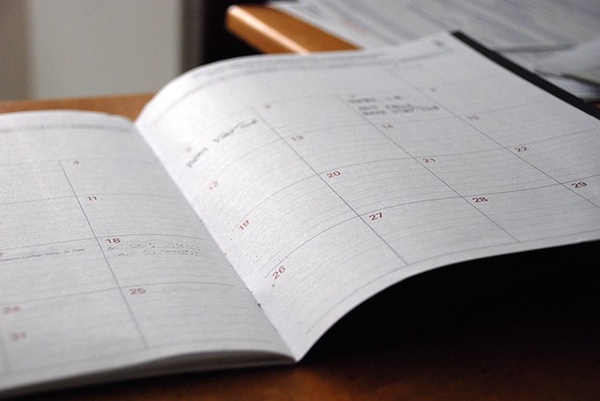



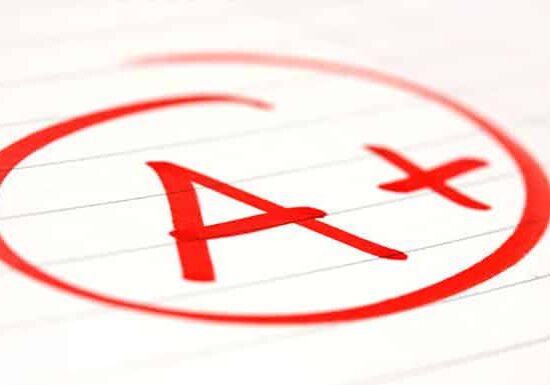
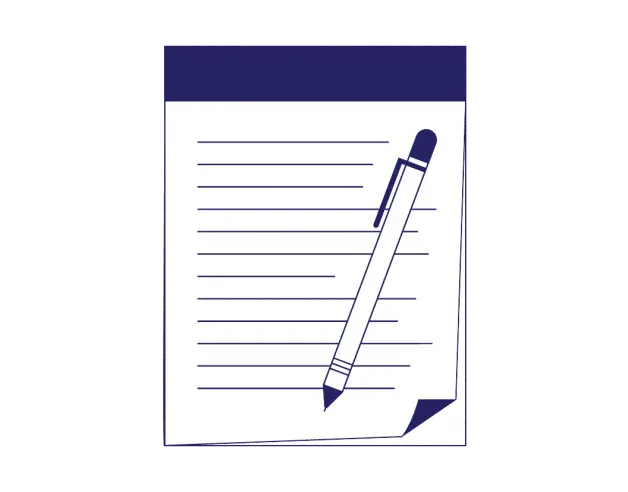


























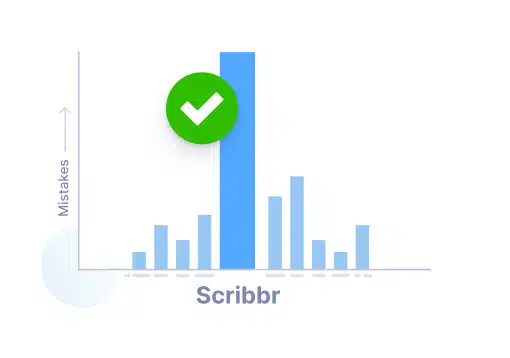

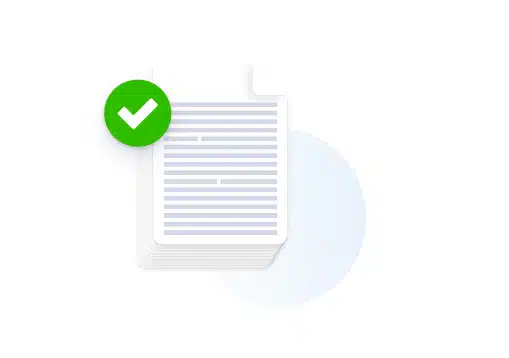



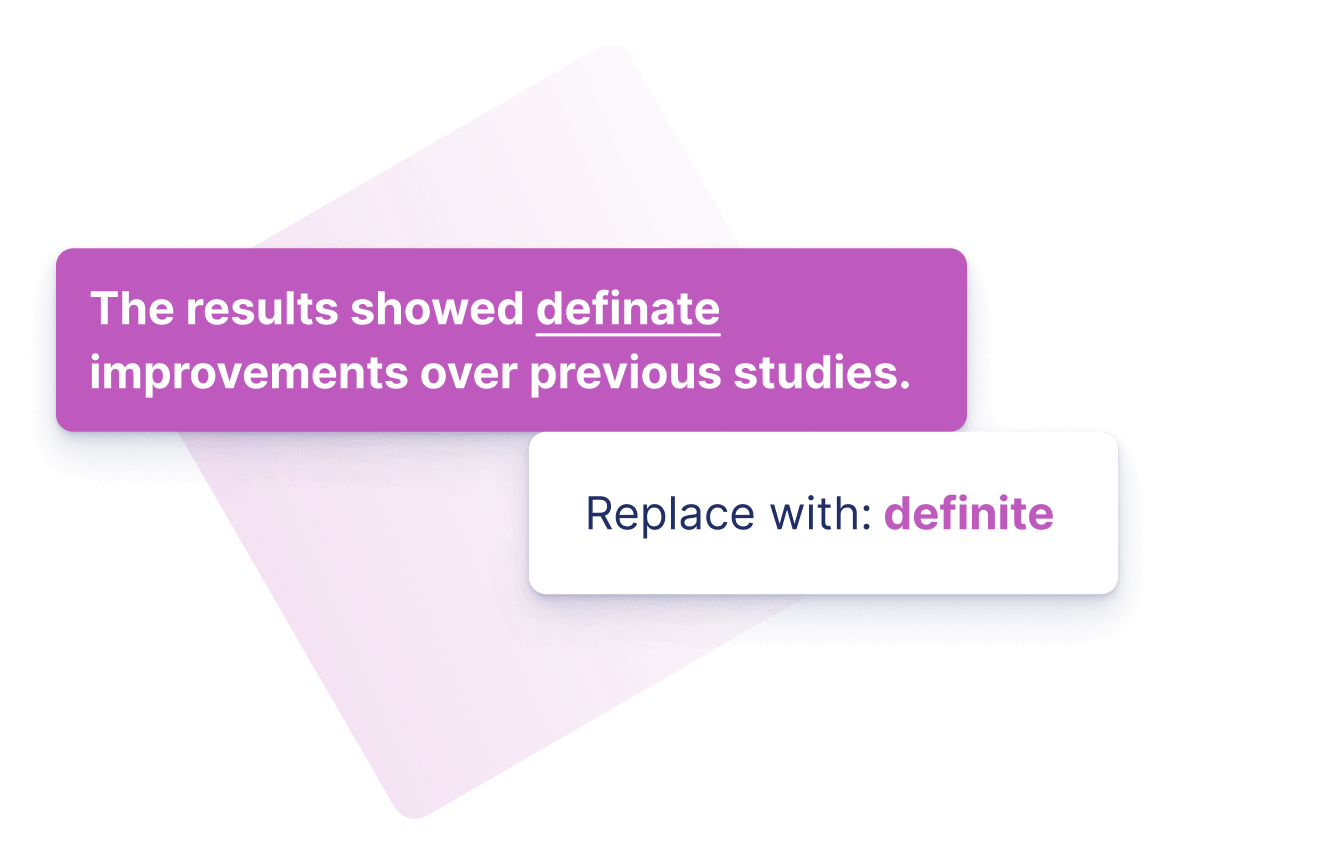


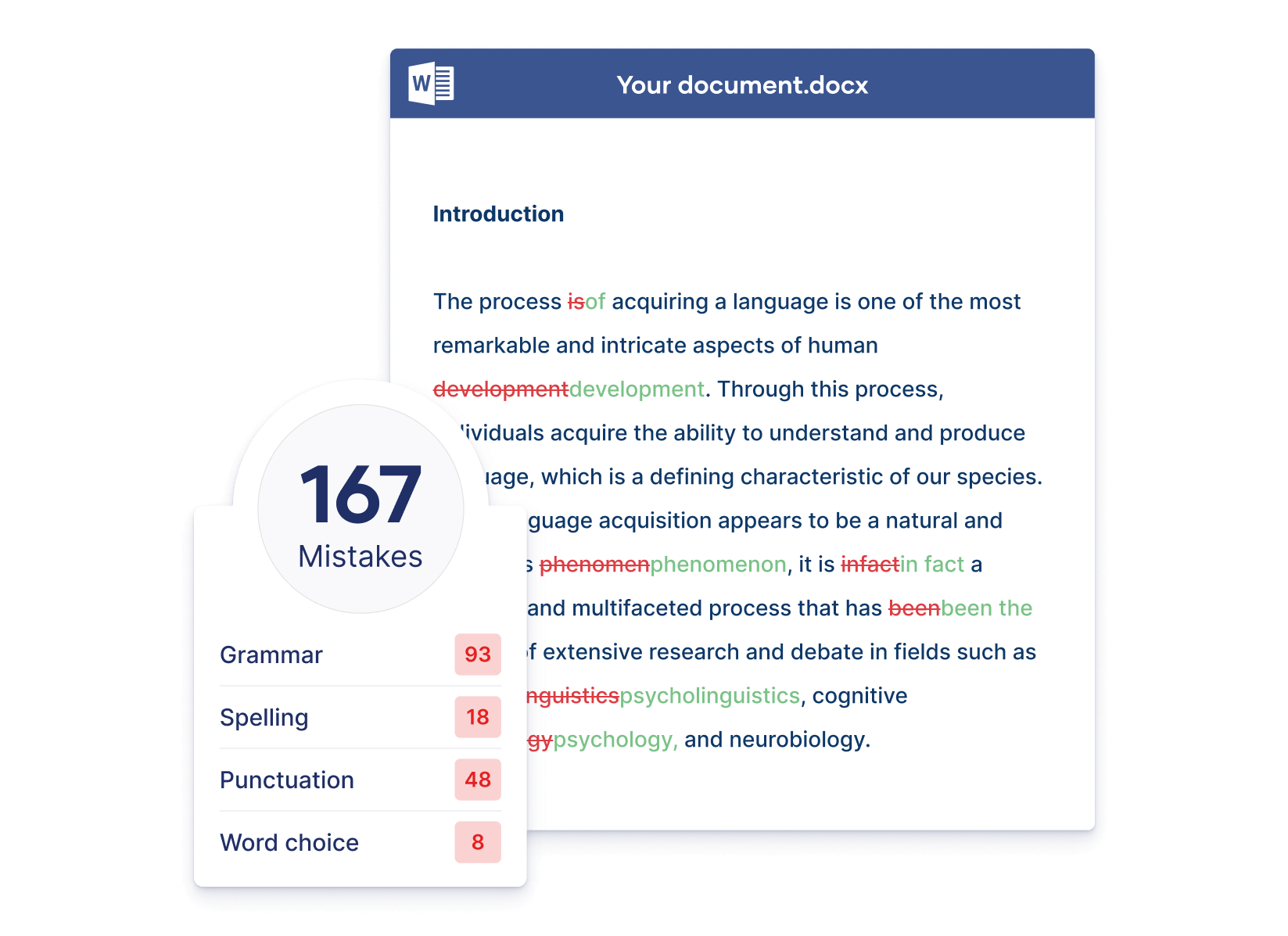







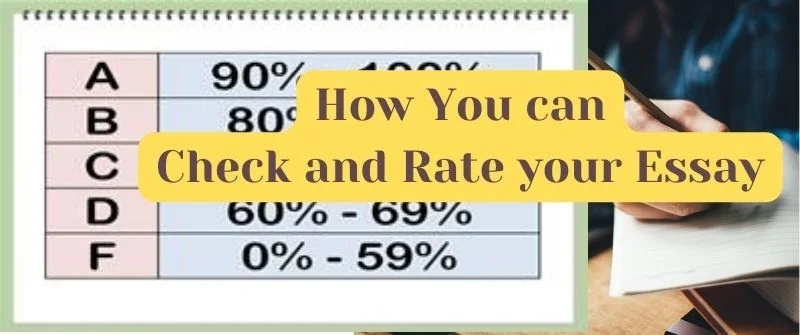

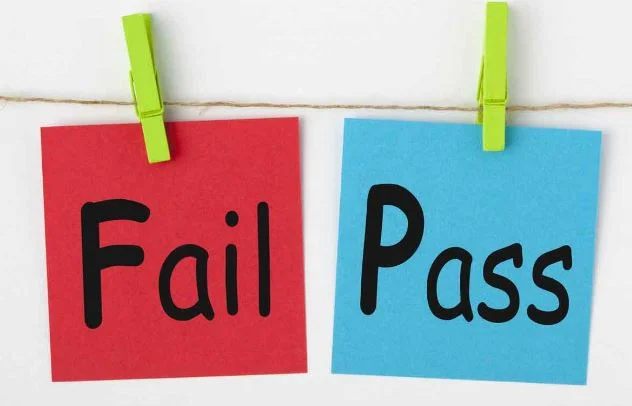


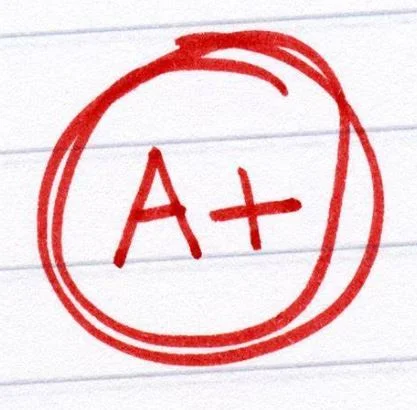










IMAGES
VIDEO
COMMENTS
6. Mastering the Art of Analysis and Critical Thinking. Mastering the art of analysis and critical thinking transcends mere description, delving into the realms of "why" and "how.". I elevate your essay by showcasing a profound understanding through critical analysis, unraveling layers of meaning.
7 steps to higher essay grades using your tutor feedback. 1. Grab your marked essay and all tutor feedback. 2. Scan your feedback for positive comments from your tutor. Look for things you did RIGHT and note them down as a reminder to continue doing those things. 3.
Tip 2: Give Student Choice. Let's say you've been working on a particular skill for a few weeks and have had your students practice using various writing prompts. Instead of feeling forced to provide feedback on every written response, let your students choose their best work for you to grade.
If the student shows excellent grammar, good organization and a good overall effect, he would score a total of ten points. Divide that by the total criteria, three in this case, and he finishes with a 3.33. which on a four-point scale is a B+. If you use five criteria to evaluate your essays, divide the total points scored by five to determine ...
The Best Ways to Get Good Grades. Write down homework, tests, and due dates in a planner. Ask and answer questions in class. Write down important concepts during class. Study your notes and textbook for 10-20 minutes each day. Go to your teacher or classmates for help.
Checking the marking criteria for your course or school can therefore help you hone your essays. 4. Write Concisely. Less is often more in academic writing, as overly wordy essays can be difficult to follow. Being concise, on the other hand, will boost the clarity of your written work and make your arguments more persuasive. 5.
1. Adopt a positive mental attitude. In the face of lower-than-expected grades, it's only human to react by feeling disappointed with oneself. When you're frequently receiving lower grades than you'd hoped for, you may start to feel depressed or defeated, and feel like giving up.
PaperRater's online essay checker is built for easy access and straightforward use. Get quick results and reports to turn in assignments and essays on time. 2. Advanced Checks. Experience in-depth analysis and detect even the most subtle errors with PaperRater's comprehensive essay checker and grader. 3.
Read the directions thoroughly on every assignment you get. If you don't follow the directions, you won't get a good grade even if what you do would be considered solid work on a slightly different project. If your teacher tells you to write a seven-page essay, and you only write five, you'll get points taken off even if you do a good job.
3. Stay Organized. If you want to know how to get even better grades, organization is really key. Use a planner or calendar and make sure that you are up to date with all of your deadlines. Create a designated workspace with good lighting and a comfortable chair. Declutter your desk.
However, to write a top-graded essay in English, you must plan and brainstorm before you begin to write. Here are some strategies you can use during the prewriting stage: Freewriting. Looping. Concept Mapping. Outlining. For more detailed information on each of these processes, read "5 Useful Prewriting Strategies.".
Students who earn good grades do all the basics: go to class, do the homework and ask for help. How to Get Good Grades in College. One key for maintaining good grades in college is leaning on the ...
You'll get a better grade. Good grammar, or its absence, can determine if you get a good grade or a failing one. ... Don't let grammar mistakes hinder your writing and prevent you from getting a good grade. ProWritingAid's essay checker will help you write your best essay yet. Since the checker is powered by AI, using it means that grammar ...
The less you stress about deadlines, the more energy you'll have for completing your assignments. You'll become a more effective student and you'll free up valuable mental capacity for the things that matter. 3. Don't forget to schedule your downtime. In your calendar, take a moment and block out time for relaxation.
7 steps to writing a good essay. No essay is the same but your approach to writing them can be. As well as some best practice tips, we have gathered our favourite advice from expert essay-writers and compiled the following 7-step guide to writing a good essay every time. 👍. #1 Make sure you understand the question. #2 Complete background ...
Rely on the most accurate free essay checker available. Improve your writing by correcting grammar, spelling, punctuation and word choice. ... Insert your text and get started right away. Unlimited. Long texts, short texts it doesn't matter - there's no character or word limit. ... You'll be 100% confident that your writing won't ...
Instead, start with your evidence. Read the essay prompt and make a list of the crucial evidence. Use your notes on the reading to pull out the strongest building blocks for your case. Write down examples you want to pull from lectures. Collect a list of the best quotes from the readings. And look at your outline.
Check Your Essay for Free. Turn in work that makes the grade. Grammarly's free essay-checking tool reviews your papers for grammatical mistakes, unclear sentences, and misused words. Step 1: Add your text, and Grammarly will underline any issues. Step 2: Hover over the underlines to see suggestions. Step 3: Click a suggestion to accept it ...
A Kibin grader will evaluate your paper based on our comprehensive rubric, which we developed with teachers' top concerns in mind: focus, content, organization, formatting, and grammar/mechanics. Our goal isn't to tell you exactly how your teacher will grade your essay, but to provide you with a snapshot of your essay's overall quality.
How To Check Your Essay Grade. 1. Uploading a Draft for The Tutor to Grade. A draft will be good because the teacher will give you a rough grade before you make a final submission. This gives you a chance to make any necessary amendments that can help you achieve a higher grade. 2. Wait for Grading.
1. The brief. The first thing a marker will likely do is examine the writer's brief. This indicates essay type, subject and content focus, word limit and any other set requirements. The brief gives us the guidelines by which to mark the essay. With these expectations in mind, critical reading of your essay begins.
1054 Words5 Pages. It is not an uncommon occurrence for a parent to approach me to ask me about the methods I use to get good grades. They always seem to assume I dedicate countless hours to formulating study guides and reviewing material. They believe the only way to reach "my level" is to sacrifice sufficient sleep and a social life.
Mr. Jones. December 5, 2016. ELA 1-2. Although getting good grades is not an easy task, it is certainly achievable if the person is eager to accomplish it. In fact, some might say that attaining good grades is difficult with lots of priorities other than school. Because school is first priority, many people prioritize their time and balance ...
We receive thousands of applications every day, but we only work with the top 5% of speakers.. Book a call with our team to get started — you'll learn why the vast majority of our students get a paid speaking gig within 90 days of finishing our program.. If you're ready to control your schedule, grow your income, and make an impact in the world - it's time to take the first step.